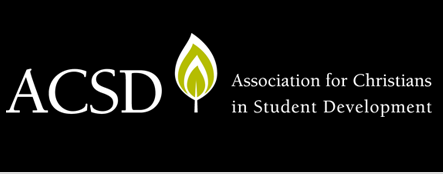Home > Other Collections > ACSD > Growth > No. 15 (2016)
Abstract
This article explores the First-Year Experience movement’s origins and influence on curricular and co-curricular practice in higher education. The First-Year Experience movement is historically based in the civil rights era of the 1960s and early 1970s. In response to the social unrest on college campuses, administrators at the University of South Carolina sought to humanize the college experience, particularly for first-year students. The resulting first-year seminar course led to the development of a national resource center which has provided models of practice for excellence in teaching, assessment, and training for many universities in the United States, as well as internationally. The implications resulting from the accomplishments of and continued challenges for the First-Year Experience movement are described. Additionally, the First-Year Experience movement values holistic education, particularly through the convergence of academic and student affairs. Therefore, discussion surrounding the work of student development professionals with first-year students.
Recommended Citation
Freer, Shawnda
(2016)
"The First-Year Experience Movement: History, Practice, and Implications for Student Development Professionals,"
Growth: The Journal of the Association for Christians in Student Development: Vol. 15:
No.
15, Article 3.
Available at:
https://pillars.taylor.edu/acsd_growth/vol15/iss15/3
Included in
Educational Assessment, Evaluation, and Research Commons, Educational Leadership Commons, Higher Education Commons, Higher Education Administration Commons, Teacher Education and Professional Development Commons

